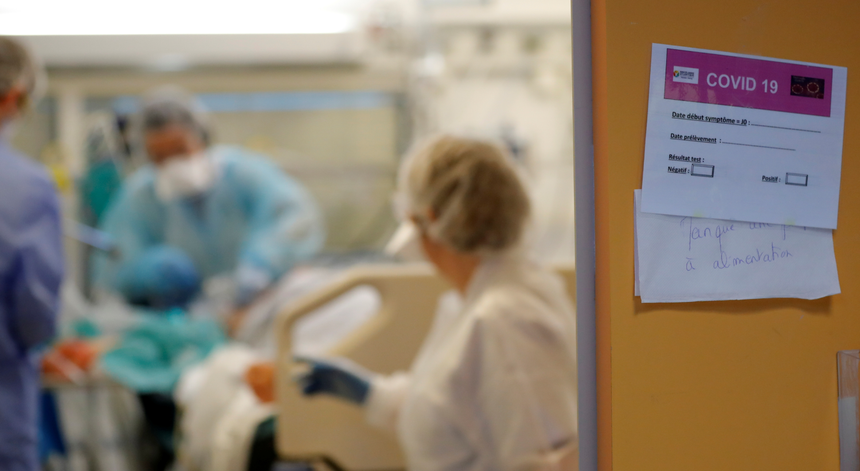Healthy, young people are less at risk of complications from Covid-19 or of developing serious illness. However, a new British study reveals that long-term sequelae may arise and remain, especially in the cases of the so-called “long-term Covid”.
According to the study, released this Sunday by Guardian, these supposedly lower risk people have certain symptoms for a long time after being infected with Sars-Cov-2. In this preliminary study, a team of scientists identified damage to various organs in the body of young people four months after the infection.
–
“In a young, low-risk population with continuous symptoms, almost 70 percent of individuals experience impairment of one or more organs four months after the initial symptoms of Sars-Cov-2 infection”, read in the recently released document.
“There are implications not only for long-term covid cases, but also for public health approaches that have assumed that young people without adjacent diseases are at low risk,” he adds.
Among the most affected organs are the heart, lungs, liver and pancreas. This study was carried out through a combination of magnetic resonances, blood tests, physical measurements and questionnaires to about 500 patients with an average age of 44 years and without other health problems.
This research aims to understand the physical fundamentals and develop treatments for some of the strange and longest symptoms in people with “Long Covid”, which affects more than 60,000 people in the UK. Fatigue, memory problems or mental confusion, shortness of breath and pain are among the symptoms most frequently reported by these patients.
What is the long-term impact?
In some cases, the affected organs are associated with the Covid-19 symptoms experienced by patients. That is, a person who is affected at the lung level when infected with the new coronavirus will have breathing problems. However, the study does not clarify whether the sequelae in Organs affected organs are the cause of the persistent symptoms of “Covid Long” patients.
“The good news is that the compromise is mild, but even with a close eye there is some compromise and in 25 percent of people it affects two or more organs”, said Amitada Banerjee, a cardiologist and associate professor of humanities and clinical data at University College London, quoted by the British daily. “This is interesting because we need to know if [essas deficiências] persist or are improving – or if there is a subset of people who can get worse “.
–
Amitada Banerjee explained that this investigation, in which he participated, “supports the idea that there is an attack at the level of organs and potentially at the level of multiple organs, which is detectable and can help explain at least some of the symptoms and the path of the disease “.
Another study that looked at 58 patients hospitalized with Covid-19 also found similar results: 60 percent had similar sequelae in the lungs, 29 percent in the kidneys, 26 percent in the heart and 10 percent in the liver, two to three months after the initial infection, as well as tissue changes in some parts of the brain.
“The initial findings of a study that examined the long-term impact of Covid-19 revealed that a large proportion of patients with Covid-19 who were discharged from the hospital still had symptoms of shortness of breath, fatigue, anxiety and depression two to three months later. after contracting the virus “, indicates this study.
–
Both studies report that Study patients were not monitored or analyzed before being infected with Sars-Cov-2, so it is impossible to guarantee that they did not in fact have any other type of adjacent problem.
However, scientists agree that it is necessary to investigate the sequelae that Covid-19 leaves in some patients, as well as to monitor patients on medical discharge to understand the evolution of the disease, the damage that it leaves and what treatments can be applied.
In addition, Amitada Banerjee suggests that there should be collaboration between professionals and specialists and that, in this way, Covid-19 patients should be referred to cardiology, neurology or gastroenterology specialties, depending on the symptoms and sequelae observed after medical discharge.
– .


